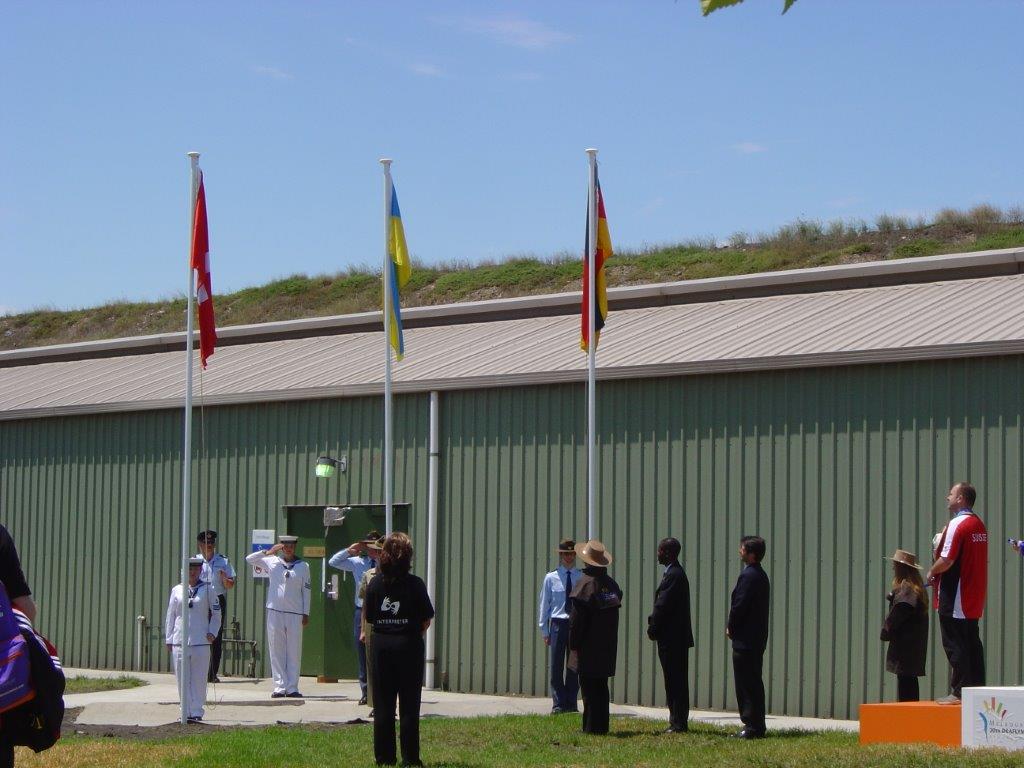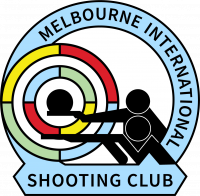Officiating at the Deaflympics - 2005
by Reg McCready
It is almost sixty years since I took up competitive shooting with the Ararat Fullbore and Smallbore Rifle Clubs.
Over that time, I have travelled widely to competitions worldwide as either as a spectator, competitor, team official or event official.
I began officiating quite early in my career and have enjoyed doing it. There have many memorable events but the one I enjoyed the most, despite some of the things we had to contend with was the 2005 Deaflympic Games.
Melbourne had won the right to host the event which was scheduled to start in the first week of January 2005. Shooting events were to be conducted at the Melbourne International Shooting Club (MISC).
The MISC facilities had only just been upgraded for the upcoming Commonwealth Shooting Championships and the 2006 Commonwealth Games. Part of the upgrade was the installation of 40 electronic targets on the 50 metre range. John Gillman from the Victorian Amateur Pistol Association was appointed Event Manager and I became the Chief Range Officer.
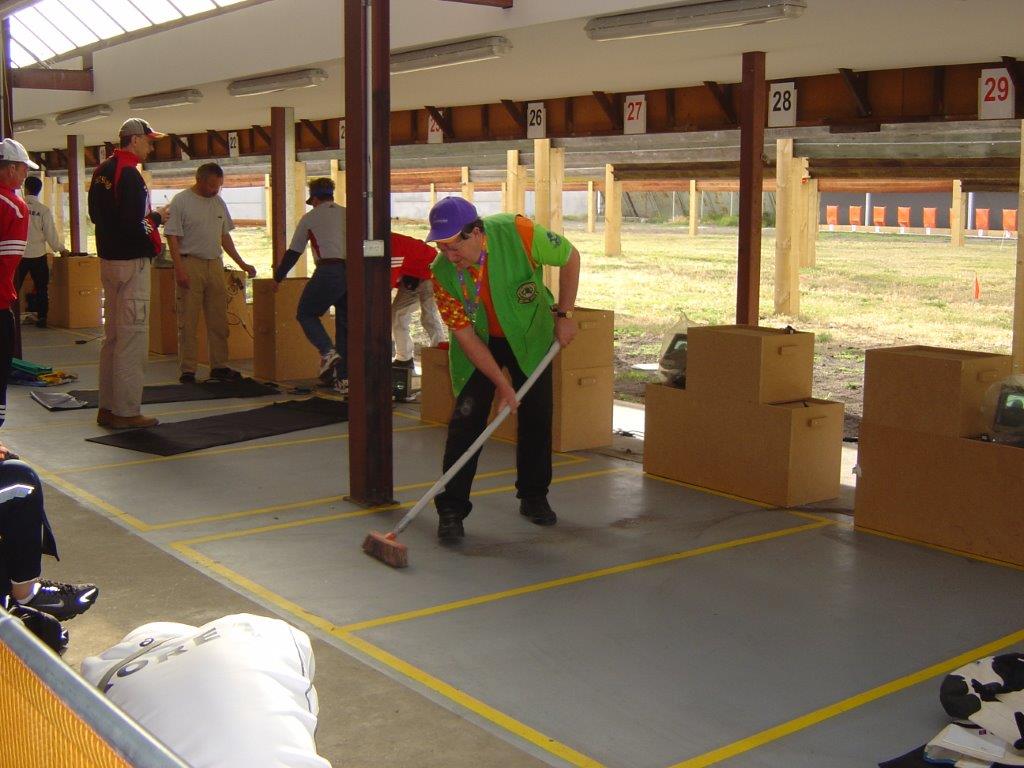
The Governing body had decreed that the ranges must conform to ISSF regulations and events must be conducted totally to ISSF rules including finals. That became our first problem, how do you run a final when competitors cannot hear you calls? We were provided with a simple light system which was ‘red’ you don’t shoot and ‘green’ you do. Some of the officials got their heads together and devised a system based of coloured and flickering lights. This was manufactured in Adelaide and received in time for the Games. Apparently, the International body were so impressed with the system they took it with them after the Games were over.
The second problem was dust. There had been grass seed planted on the range which was being watered to get growth coverage before the Commonwealth Shooting Championships. However, the Deaflympics were in the middle of summer and with the hot days, the ground dried out quickly so when any wind blew it stirred up the dust. We were forced to sweep the firing lines every two or three hours to keep it reasonable clean. The competitors acknowledged the problem and were very patient.
In our instructions from the International body, the ranges had to comply with ISSF rules in case any World Records were set. During the air rifle match two new records were achieved. One record was set in the qualification round and a second in the combined qualification and finals score. Having Tibor Gonczol as a club member made it easy to verify that the range standards met ISSF requirements. From memory most of the range officials were all ISSF qualified judges so that also made things simple. I have always maintained that the amount of paperwork I had to fill out and sign for the competitor to claim the records took longer to do than the actual match. Probably didn’t but it seemed like it.
During a practice day I was talking to a German team official. From what he told me they were a little apprehensive about how the event would be run. According to him the last two events in Europe had been shambles – hence the nervousness. It was during this time we introduced the new lighting system to the teams. First, we produced a sheet in English explaining how the lights worked, laminated it and gave each team manager a number of copies. Next, with the help of a person who could do sign language, we called all the team officials, competitors and range staff together and gave a demonstration of the system. It was well received.
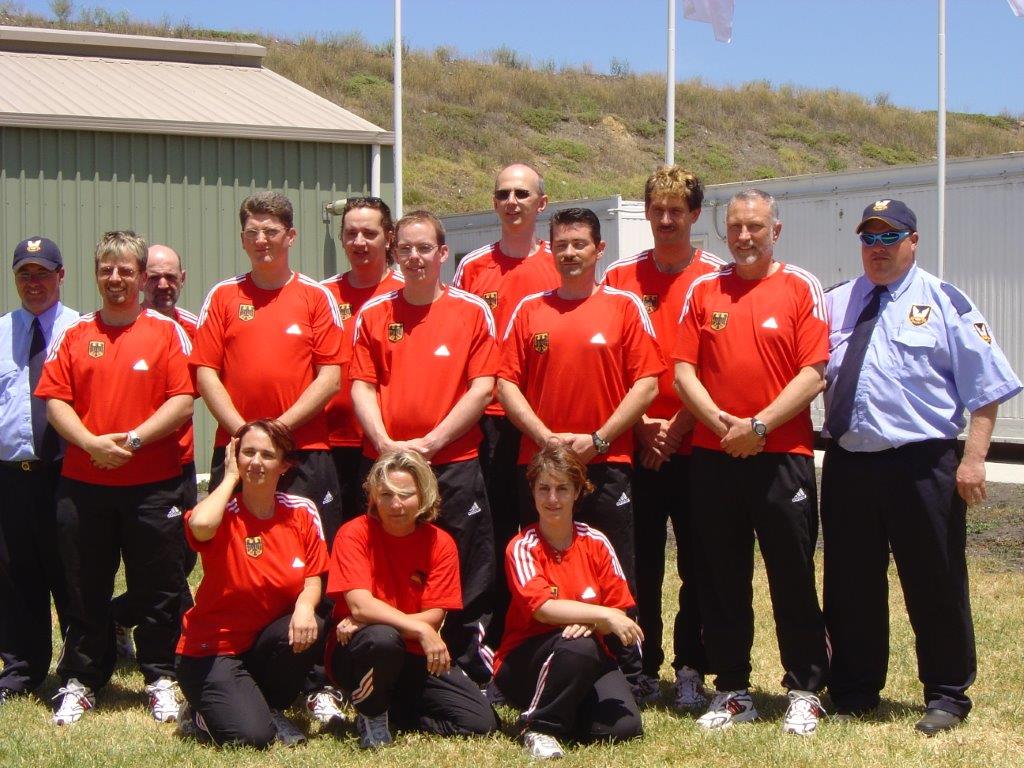
To run a final, I had to have someone conversant in sign language standing on box in such a position that all finalists could see the value of shots fired. All countries seem to have different methods of sign language. For the competitors, the international method had to be used. If the person doing the signalling to the finalists was also deaf I had to have another person signalling my calls to the person on the box. Despite the problems, with the cooperation of all concerned it worked superbly. After the first couple of days the person doing the signalling could hear my calls so things became easier.
There was a slight problem with the electronic targets on the air range for the pistol final, so a decision was made to revert to paper targets. This caused a delay of 15 minutes but there were no complaints.
Cheryl Knight, Val McCready and Bob Marshall did the scoring for the air competitions. They had a system which enabled them to produce results quickly. In the air rifle match, they had the preliminary results posted about five minutes after the last shot was fired. The Korean team manager could not believe the preliminary results were up and he actually ran over to the window to see for himself. What he didn’t know was that all targets had been scored except for one lot. This was because the last shooter took much longer to finish. Once he did, all the scorers had to do was score the ten targets, enter the scores into the computer and hit the print button.
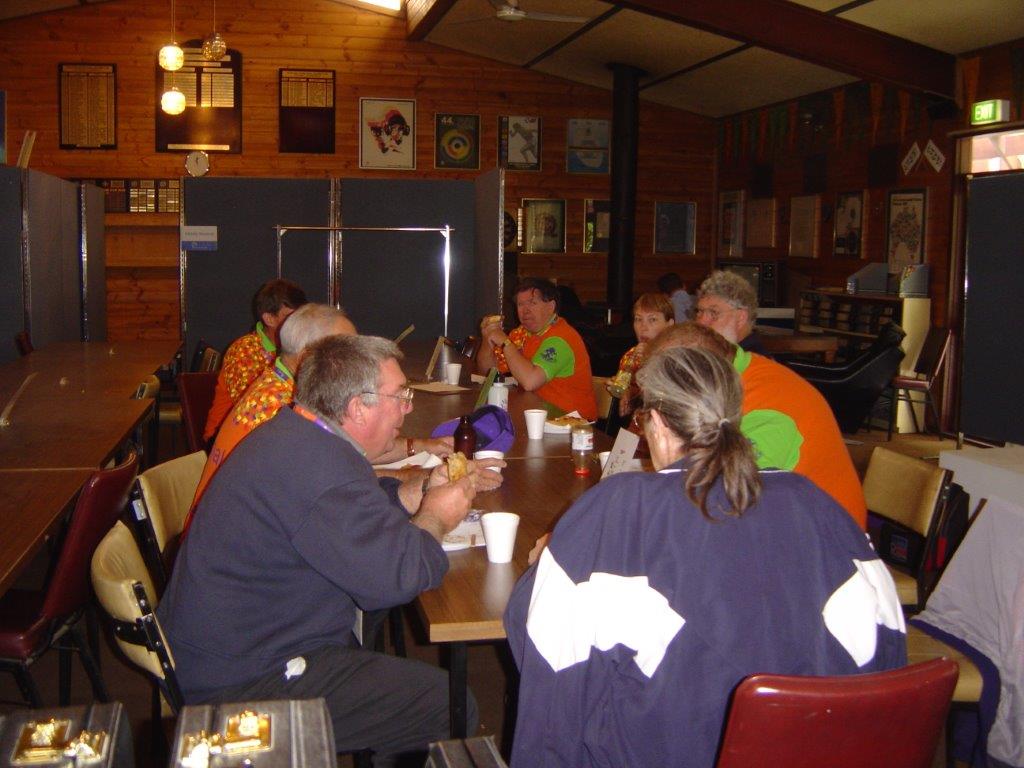
There was one amusing incidence on the 50-metre range when we started the 50-metre matches. A young Italian team member came to us and we understood he wanted to know how the light system worked.
We were trying to explain that we had demonstrated it and there was a sheet also explaining it. While this was going on his team manager could see there was a problem and came over.
He spoke reasonable English so we explained his team member’s problem and advised that you should have the explanation sheet. He nodded, looked at his team member and said quietly “he will do his homework tonight”.
After the first day of competition I spoke to the German team official and asked him how we were performing. His answer was to reserve his comments until it is was over.
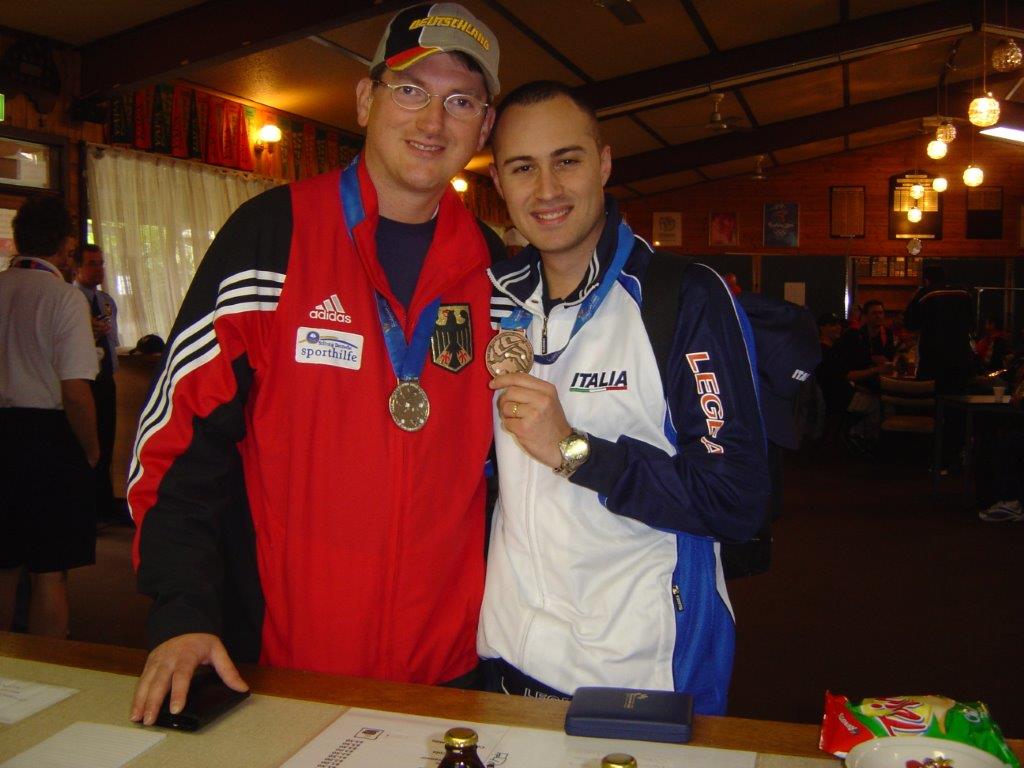
After the last match I was sitting in the club room with some other range officials when he walked past. I asked him to sit down and tell us how we performed. His answer was similar to Gary Anderson’s comment to us at the conclusion of the Sydney Olympics: “this has been the best shooting event ever conducted at the Deaflympics”. He was right because that was the first time the event had been conducted under the Deaflympics title. However, from other comments made it also included previous events. I doubt if any of the visitors knew that most of the range staff in Melbourne had also been involved in the Sydney Olympic Games.
In my travels to various events over the years I have seen both good and bad officials. In all that time I have never seen anything like what happened in Melbourne. After the last medal presentation team officials and competitors when around shaking hands, dishing out hugs and kisses (where appropriate) and thanking all the range officials present.
A few days later we were told that most team managers had sent letters to the organising committee praising the running of the shooting event. Some weeks later word came through that shooting was formerly recognised as the best run event of all the sports conducted at the Games.
Looking back over the years at all the events that I have been involved in this was the one I enjoyed the most. It was also the most difficult. We had to deal with something we had not experienced before, devise solutions to the problems that arose and implement them. It was a lot of work but we did it and the icing on the cake was the accolades we received from both the teams and the organizations for our efforts.
